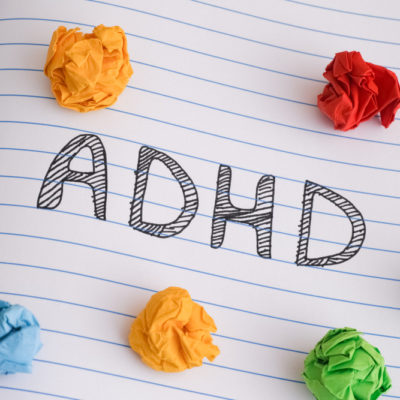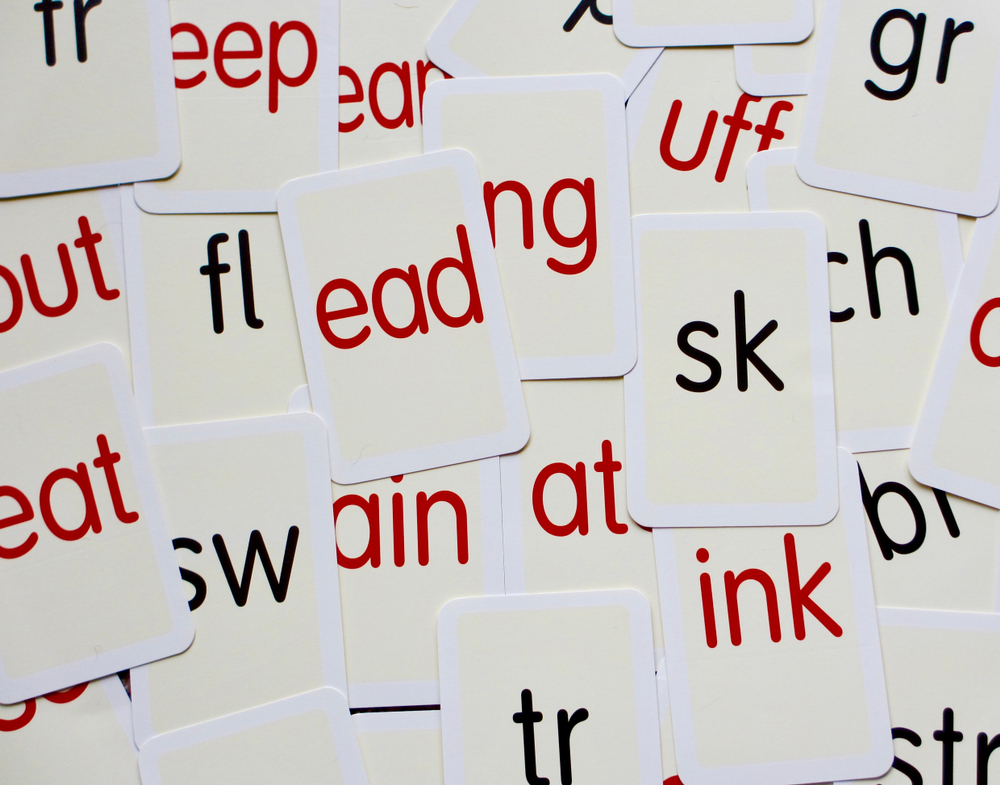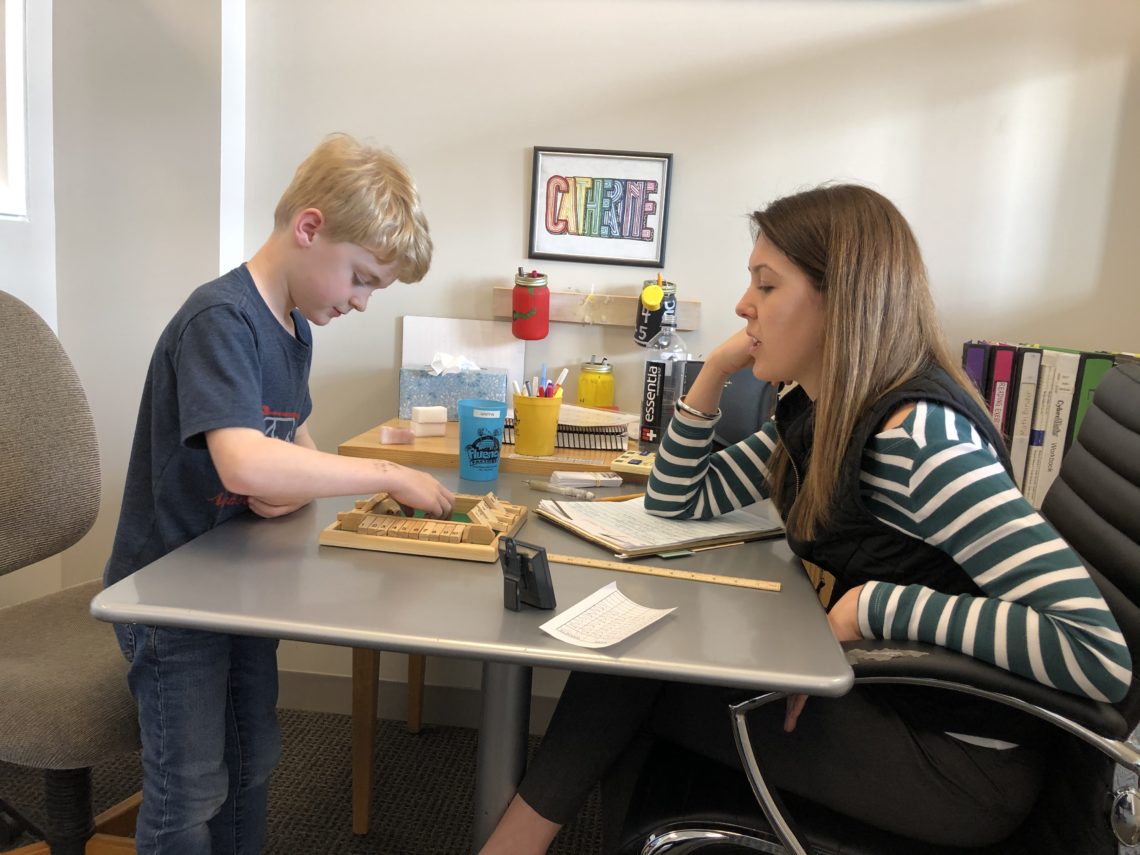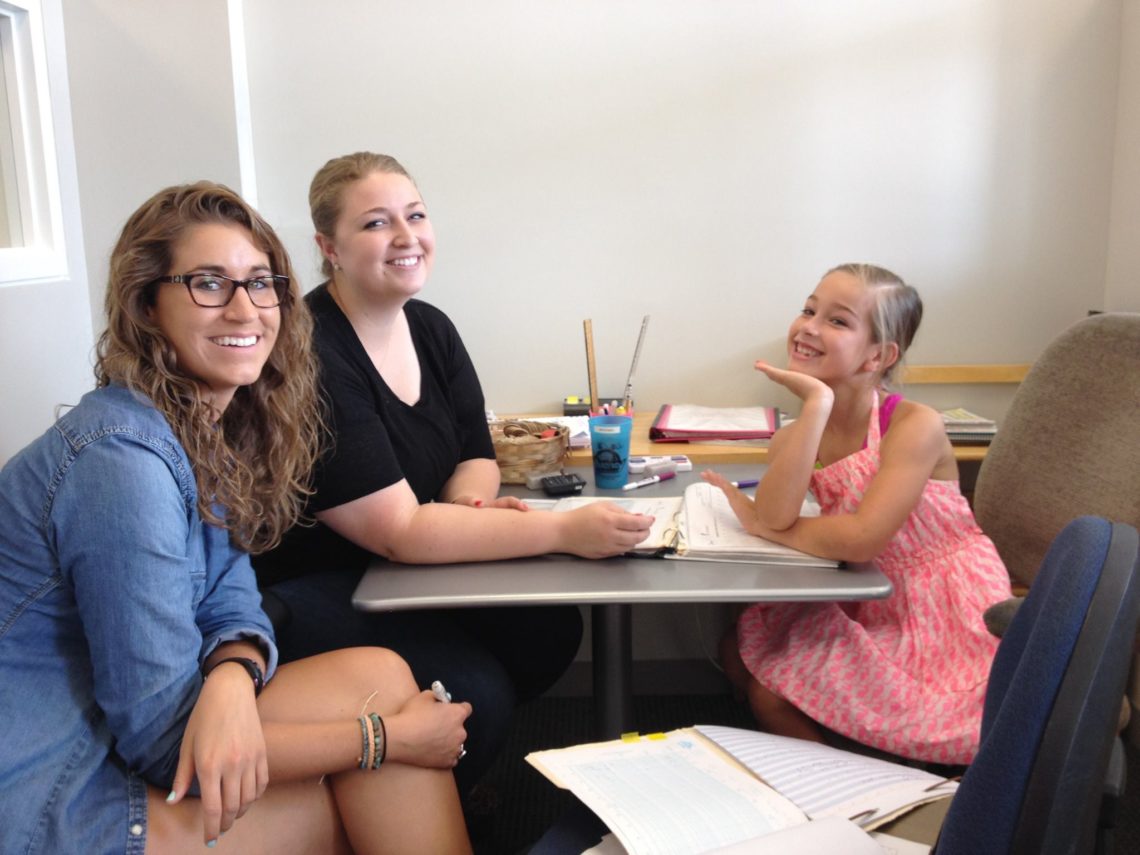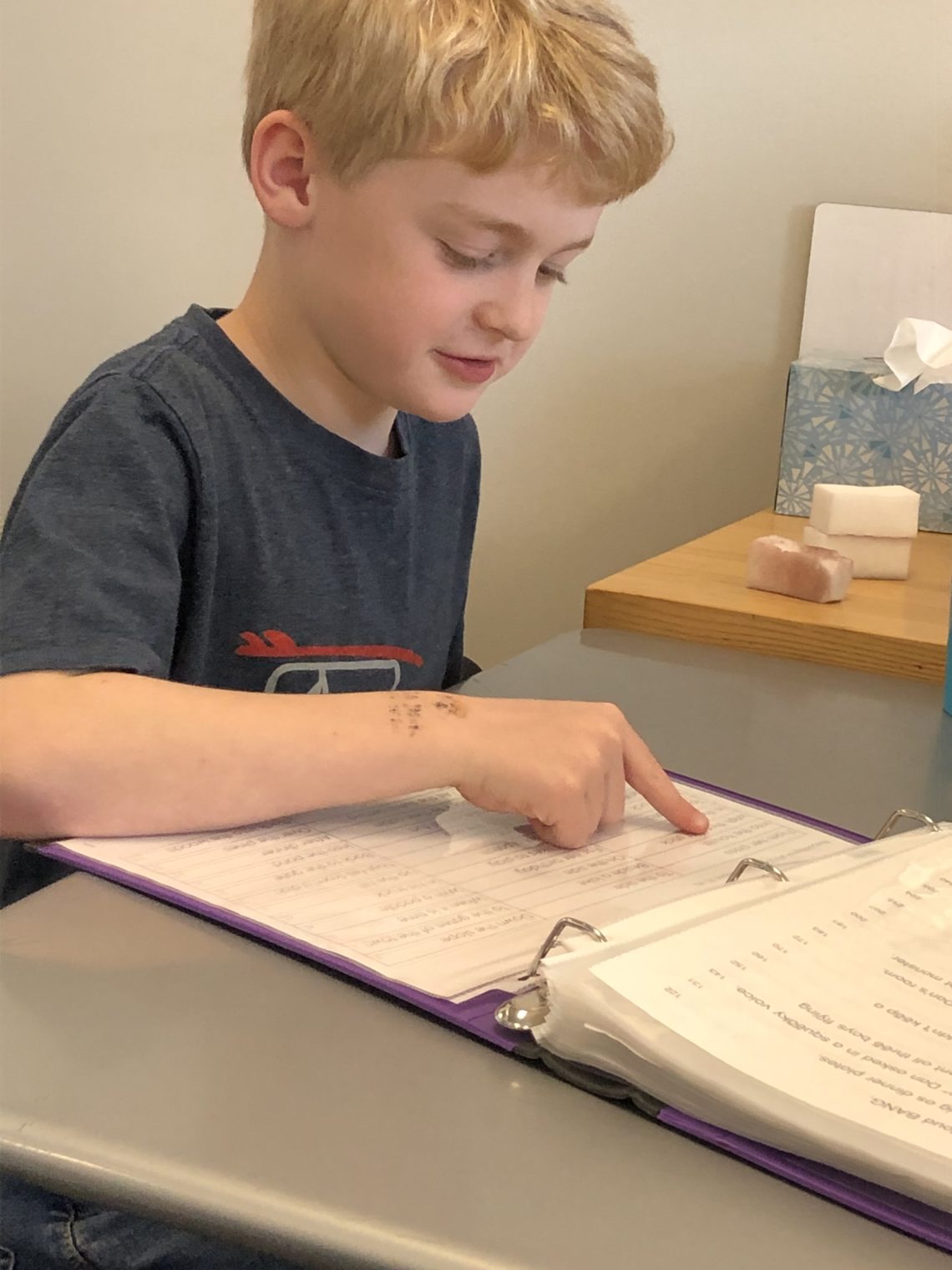A couple of weeks ago, I was talking to a colleague who teaches high school, and she told me about a recent incident that had left her thinking. One of her students was enrolled in a dance class (in-school) that was holding an open house, and the student invited my colleague to attend. As my colleague watched the class, she became aware that the atmosphere was one of calm and focus. The students were disciplined and respectful, yet the teacher and students seemed relaxed, and the students were clearly enjoying the class. My colleague was struck by the contrast between that atmosphere and the far more tense atmosphere of her own academic…
-
-
Names, Places, and… Phonics
For as long as I can remember, people have mangled my last name: “Metzler”, “Metzer,” “Metzger,” “Meltzler”… I’ve gotten them all. And if they don’t want to mispronounce it, they usually ask me to say it for them—an understandable request, but also one that always struck me as a little odd because “Meltzer” (MELT-zer) is perfectly phonetic. The question of stressed syllables aside, there is only one way it could be pronounced. Curiously, I never thought about the connection between this phenomenon and phonics until very recently (yesterday, to be exact), but now that the thought has wormed its way into my brain, I’m convinced there’s something there. Not long…
-
Why Are We Teaching Our Children to Read Like ESL Students?
Permit me to ask a disturbing question: Why are we teaching our children to read as though English is not their first language? I have been a world language teacher for more than a decade at one of the more prestigious public high schools in the nation. Oddly enough, teaching students a second language gives me an interesting window into their first; but allow me to start at the beginning of my teaching adventure. I was a mid-life career changer who completed a master’s degree at New York University. My plan was to parlay my fluency in French into a high school teaching gig. However, when I entered their degree program, NYU…
-
Why I Care So Much About Phonics
In 2009, I was a twenty-something who had recently left an administrative job at Columbia to tutor full-time. I hadn’t set out to focus on English—my B.A. is in French, the subject I started out tutoring—but I eventually realized that adding English to my repertoire would open up a lot more job opportunities. Sure enough, that’s what people mostly hired me for; and since most of my students were in high school, I inevitably ended up doing a lot of SAT prep. The more I tutored, the fewer skills I realized I could take for granted in my students, but one day I found myself working with a girl whose…
-
The Learning Metric
Charting—Navigating Life Changes and Learning Part 1 We know when we get in a car and step on the accelerator that we are moving—we can see the instruments and feel the acceleration. But when we send our child to school we don’t have that same experience. We don’t always know what is happening, and there are no immediate updates. But there could be! What if there was a way to see whether a person is learning—learning to a high level—while the process is going on. What if this instrument for navigating education were simple, accessible and transparent? What if this instrument made it possible to gauge human performance at every…
-
Building a Learning Momentum
I have been strongly influenced by several behavioral scientists over the years; Murray Sidman, Ogden Lindsley and Tony Nevin, along with my personal guru, Eric Haughton. These researchers helped me better understand the critical nature of positive reinforcement immediately linked to a behavior. Because reinforcement is so critical, and because the absence of it in early school experiences is so damaging, I am writing this column. My daughter Caitlin was one of the youngsters who had an early bad experience at school. By the beginning of October in first grade Caitlin had stomachaches five days a week, but woke up without pain on Saturday and Sunday. Her face showed the…
-
The Residue of Failure
One of our students, lets call her Rose, has flourished all summer. Every week she has grown stronger, more able in everything she works on. Her successes have brought her the most charming, lovely smiles, and she practically glows as she works on her reading. As we work with her we each find ourselves raising the bar, expecting more, and constantly getting it. Sometimes she seemed like Icarus, spiraling continuously upward, flying higher and higher. Her work had been so amazing, her progress so rapid, that we never saw the residue of failure, lurking in the shadows of her mind. Until one day, in raising the bar, Amy, asking for more…
-
10 Reasons the Three-Cueing system (MSV) Is Ineffective
I’ve written a lot about the problems with three-cueing approaches to teaching reading recently, but given that it’s a topic many people remain unfamiliar with, I thought it would be helpful to lay all the major issues out in one place. Here is how the three-cueing approach (also popularly known as MSV) is supposed to work: Students memorize a number of common “sight words”: short, high-frequency words such as are, can, we, and it. They also learn to focus on beginning letters so that they can use the initial sound in a word to help them identify unfamiliar terms. The first books they use are repetitive readers that typically include one non-sight word…
-
The Lasting Danger
“In the simplest terms “Whole Language” is a method of teaching children to read by recognizing words as whole pieces of language. Proponents of the Whole Language philosophy believe that language should not be broken down into letters and combinations of letters and “decoded.” Instead, they believe that language is a complete system of making meaning, with words functioning in relation to each other in context.’ Dr. Monica Bomengen I planned a different column to begin with, but this column, the one I wanted to write, would not leave me alone. I had a week in which thoughts about this topic seemed to permeate my waking mind. So here goes. If you…
-
The Say and Spell Exercise: A Secret Worth Sharing
I am now sharing a secret that has had an immense impact on many of our students. I feel this exercise is so important that I am going to share it with this column, and thereby give it to anyone who reads it. Some years ago, I had a student who was struggling with reading—he was an 8th grader who was reading at 5thgrade level– and reading very slowly. We taught him decoding skills quickly, and his ability to read challenging materials improved rapidly. But we couldn’t celebrate, because his reading fluency remained mired at 100 wpm. We tried having Chris come up through our easier materials to build his reading speed, which…
